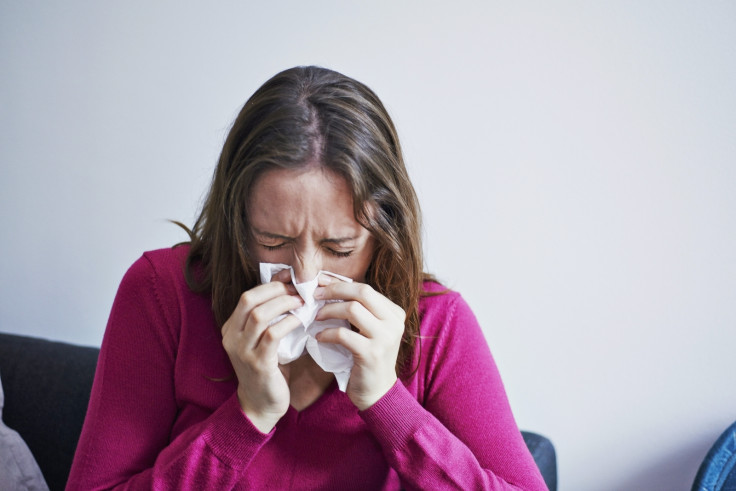Deadliest epidemic 'for 50 years' heading for UK as Aussie flu outbreak continues
Experts warn UK health facilities must prepare as Australia recovers from one of its worst flu outbreaks.

What has been dubbed as the most serious flu epidemic in 50 years could soon reach the UK, experts have warned.
Australia is still recovering from the effects of the H3N2 flu strain, which has affected at least 100,000 people in the country so far this year. Some health facilities have struggled to cope with the high influx of patients.
Professor Robert Dingwall, a public health expert at Nottingham Trent University, warns that the flu will "inevitably" reach Britain, and the consequences might be dreadful.
"Based on the Australian experience public health officials need to meet and urgently review emergency planning procedures," he told the Daily Express.
"Public Health England should be working with local authorities and local health services to ensure more hospital beds are freed up. We need to be prepared, alert and flexible. There is no point in trying to close the borders. It's almost inevitable this will come to us."
It is believed the flu could be the worst case of outbreak since the devastating 1968 flu pandemic, which originated in Hong Kong and killed as many as one million people worldwide.
"This is potentially the worst winter since the Hong Kong flu outbreak of 1968," Dingwall continued.
The warning came two weeks after Simon Stevens, the head of the NHS, warned this winter could put a strain on GP surgeries and hospitals.
Chris Hopson, chief executive of NHS Providers, which represents trusts across England, said hospitals were experiencing a "dangerous" shortage of beds and may not be able to cope with the upcoming winter.
"Last winter the health service came under pressure as never before. This winter could be worse," he told The Observer.
"Hospitals this winter will still be too full of people whom we can't discharge, even though they are medically fit to leave, because of problems with social care. Failure to do so leaves us dangerously short of capacity."
He added that little progress has been made in the past year to free up more beds and cut waiting times.
"That means that it could be even worse than last year, when there were far too many patients waiting more than 12 hours on a trolley or in the back of an ambulance to be seen,"Hopson said.
"Unless we get extra money, patients will be put at greater risk as local trusts won't have the beds and staff they need to meet the extra demand we will face."
A spokesperson for Public Health England told the Daily Express said the organisation was preparing for all the scenarios that can occur this winter.
"Our vaccines contain the strains which the World Health Organisation recommends we vaccinate against, based on the best available evidence," the spokesperson added.
"It takes six months with current egg-based technology to produce sufficient quantities of vaccine for the annual campaign."
© Copyright IBTimes 2025. All rights reserved.






















